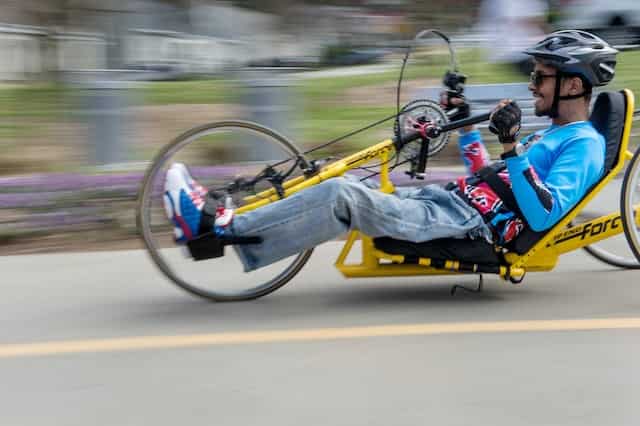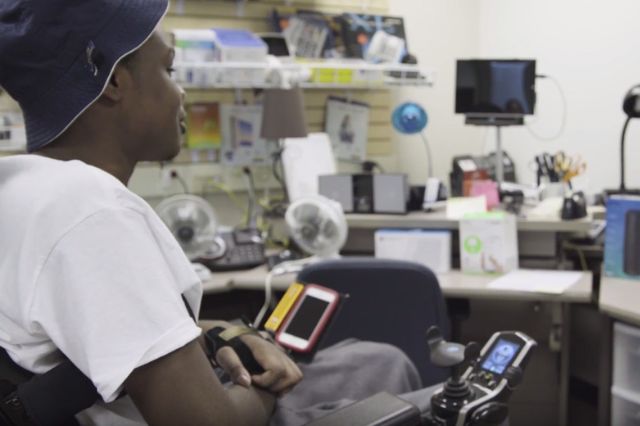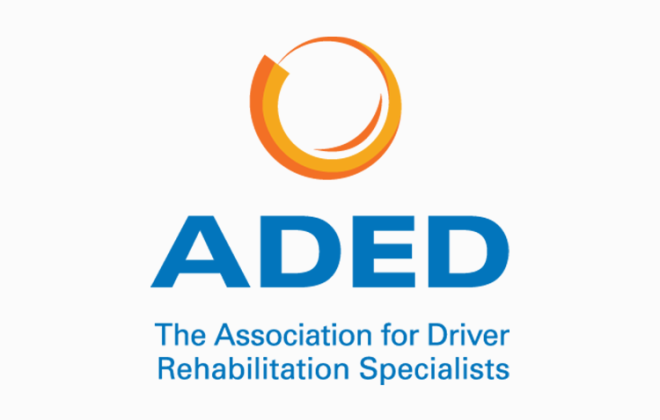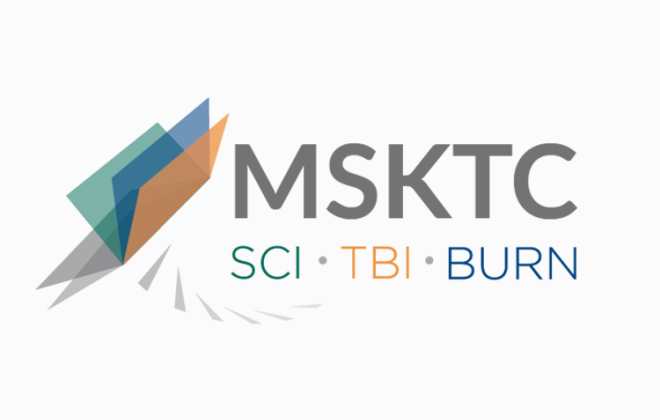Pre-Driving Program at Shepherd Pathways
Driving is important to our independence and community participation. It gives us a sense of freedom and control, and it allows easy access to employment, school, shopping, social connections, and healthcare. Driving is one of the most complex and dangerous activities we do on a daily basis. Because the skills you need for safe driving might have been affected when you sustained a brain injury, it is important to have your driving skills evaluated.
Understanding the Pre-Driving Program
At Shepherd Pathways, our occupational therapists are trained in pre-driving to provide individualized assessment and treatment to help clients return to the community safely.
Here's how it works:
- Discuss your need and/or desire to drive after brain injury with your care team. They will determine if you need therapy or a driving evaluation.
- Therapists will help evaluate your skills related to driving and have you participate in activities to improve these skills.
- Certified Driving Rehabilitation Specialists (CDRS) complete driving evaluations, including a behind-the-wheel assessment to determine if restrictions or vehicle modifications are necessary.
- Your doctor will make the final decision as to if, when, and how you can return to driving.
What's Included in the Pre-Driving Program
Before you hit the road, it's essential to ensure you're prepared and meet the requirements set by your state. Preparing for driving involves more than just knowing how to operate a vehicle. Our program is designed to address all the necessary skills and knowledge to ensure a safe and confident driving experience. Here's what is included:
We'll start by reviewing your individual situation to make sure you meet your state licensure guidelines. This includes assessing your medical history, such as medications, pain, seizures, and fatigue, as well as looking at your past driving experience.
We'll assess various aspects of your vision, including acuity (clarity), visual fields (side vision), depth perception, eye coordination, and how your brain processes visual information.
To learn more about vision deficits, visual perception, and other related topics, visit the Vision section within the Mind and Body webpage of MyShepherdConnection.
We'll evaluate various cognitive abilities, such as memory, speed of thinking, attention, multitasking, planning, judgment, decision-making, and brain fog or mental fatigue, to ensure you're mentally prepared for driving. This evaluation is crucial for understanding your sense of direction and safety awareness.
To learn more about thinking skills after a brain injury, visit the Thinking Skills webpage on myshepherdconnection.org.
We'll evaluate your mobility skills, including your ability to move your arms, legs, head, and neck, and to get in and out of the vehicle while handling mobility devices like walkers or wheelchairs. We'll also assess your brake reaction time and coordination for using vehicle controls such as signals, wipers, gas, and brake pedals.
We'll evaluate your ability to manage emotions, like anxiety or frustration, which can affect the way you handle stressful driving situations.
To learn more about behavioral and personality changes after a brain injury, visit the Behavior and Emotions webpage on myshepherdconnection.org.
Lastly, we ensure you understand road laws and safety guidelines. Through community outings and simulator training, you'll apply this knowledge to strategic, operational, and tactical driving tasks.
- Strategic Driving Tasks include planning and decision-making before and during driving.
- Operational Driving Tasks include vehicle operation such as steering, braking, and use of mirrors and turn signals.
- Tactical Driving Tasks include applying the rules of the road and adapting to the demands of driving conditions.
Next Steps After Completing Pre-Driving Program
After completion of the pre-driving program, an occupational therapist will work with you, your treatment team, and your family to make the following decisions:
- Assess whether other healthcare professionals are needed to evaluate and address specific needs.
- Recommend completing an on-road driving evaluation. Your doctor will prescribe the evaluation, and your case manager at Shepherd Pathways will help schedule the appointment. If you don't have a case manager, you can contact Shepherd Center's Driving Evaluation and Rehabilitation Program at 404-352-2020.
- Suggest alternative transportation options instead of driving for the time being. Your occupational therapist will help you explore other transportation options, which may include rides from family and friends, public transportation such as local trains/subways, or rideshares/taxi services.
Driving Programs and Resources
To learn more about driving programs and resources, visit the following resources.
Outpatient Brain Injury Rehabilitation at Shepherd Pathways
Contact Us
Our Address
1942 Clairmont Road NW
Atlanta, GA 30033-3406
Our Hours
Monday to Friday
8:30 a.m. - 4:00 p.m. ET








